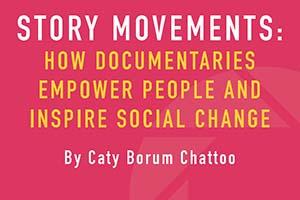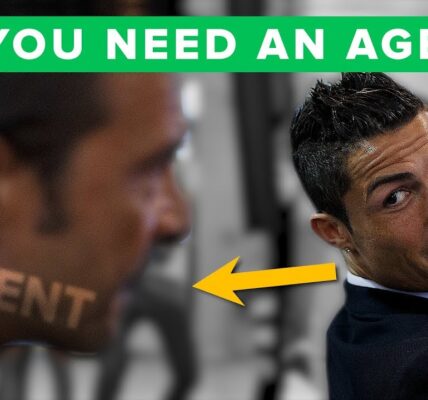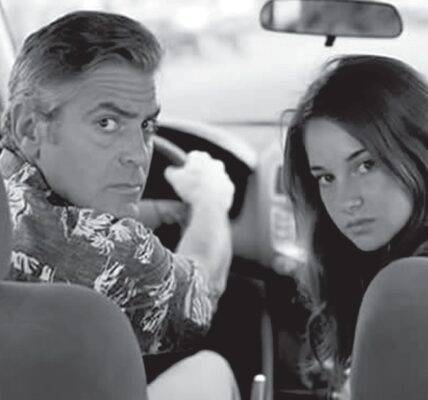We live in a golden age of documentary. Worldwide, more docs are being made by more people about more subjects than ever before. The Internet has democratised distribution and marketing. Docs barely five years old—like Black Gold, The End of the Line, Burma VJ and The Age of Stupid—have become reference points for a new age of digitalised, activist filmmakers who claim some form of secular prophesy.
Some, like the late Tim Hetherington’s Restrepo and Lucy Walker’s Waste Land, use this new-found portability of film equipment to make intimate, experiential expressions of humanism that aspire, on the large part, to objectivity.
But many other documentaries forego this balance and poise to campaign for specific social issues. At their worst, these films tell us the world is going to hell in a hand basket—because of fossil fuels, intensive fishing, deforestation, super-capitalism, nuclear energy, nuclear war—before a volte-face suggesting that only if we sign up to a website, or donate money to a charity, can we avert this impending apocalypse.
Dogwoof, the leading UK film distributor of social issue films and documentaries, has been central to this ongoing trend. Purporting to be a ‘social enterprise’, they say in their manifesto: ‘Our aim is to accomplish targets that are social as well as financial—often referred to as the triple bottom line. Many commercial businesses would consider themselves to have social objectives, but Dogwoof as a social enterprise is distinctive because our social purpose remains central to our operation.’
This has been the case since Black Gold, a 2006 doc about the exploitation of coffee farmers in the Third World which resulted, finally, in Starbucks changing their sustainability policies. Since then, other Dogwoof films have made an impact, like The End of the Line, which resulted in British law being changed on intensive fishing, in line with the campaign’s wishes.
Andy Whittaker, the company’s CEO says, “What we think we’re doing here is distributing good films and good stories; that is our primary aim. If you look at the history of cinema, you have your studio films and then you have your independent or art-house cinema, but if you go to film festivals these days, what the interesting films increasingly tend to be are documentaries or social issue films—very impacting, very strong stories, but also very relevant.
“I think there is a movement of good filmmakers making these films and an audience that are more engaged about their content,” Whittaker continues, “and with a bit of luck and a bit of skill we, as a distributor, are looking for these kind of stories so we can take them out to a wider audience. 10 or 20 years ago these films were seen at festivals without really hitting that wider audience, so what we believed was that if you back them up with a big campaign, they would be able to make a difference.”
…










